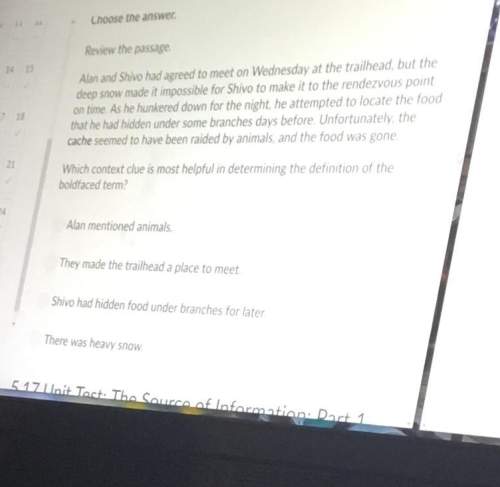
More than half of the world's population depends on rice as a food staple. Up to 90% of the world's rice is grown in Asia. In Southeast Asia, rice farming dates back as far as 5000 B. C.E. Rice thrives in hot and moist climates, which is the type of climate that much of Asia has had for centuries. Now, however, this may be changing.
Rainfall and temperature have an effect on how well rice grows. The parts of Asia where rice is grown, such as parts of China, India, and Southeast Asia, typically have a yearly rainfall of at least 40 inches (100 cm) and an average temperature of 70 degrees F (21 degrees C) during the growing season. These conditions are perfect for growing rice. Much of the land in Asia used for rice crops is flat or has gentle slopes, which is good for rice because the fields, or paddies, can retain water.
In fact, farmers build little ledges of dirt, called levees, to keep stagnant water in their paddies. Growing rice in standing water helps prevent unwanted weeds. The water also keeps destructive pests, such as plant-eating insects and rodents, away. If the water gets too deep, however, the rice plants can drown.
Some rice crops grown in the tropical and sub-tropical parts of Asia, however, are suffering due to climate change. Excessive rainfall or flooding in the last few decades has at times resulted in drowned or ruined crops. Similarly, less than usual rainfall has caused crops to fail. Another aspect of climate change that has affected the production of rice is rising temperatures. For example, daytime and nighttime temperatures throughout much of Asia have risen in recent years, and heat waves are more common. Unfortunately, rice is susceptible to heat stress. If it gets too hot during the flowering stage, for example, the plants may become sterile, resulting in no or low yield of rice. Because of changing temperatures, some rice farmers have to manage their crops differently. For example, they may have to adjust planting dates, switch up crop rotations, and even use plant varieties that mature faster in order to avoid the hottest periods of the year.
Rice has been a staple food in Asia for centuries for good reasons. The climate has been perfect for the moisture-loving, heat-loving plants. However, climate changes could have possible effects on this. Hopefully, the adjustments farmers are making to have good rice harvests will help keep rice a staple food for many more centuries.
Part 1. Answer the following questions about the reading passage.
1. Write one sentence to explain a cause-and-effect relationship discussed in the text.
2. What is the result of growing rice plants in standing water?
3. Explain how climate change can cause rice plants to suffer from heat stress. Then describe the effects of heat stress on rice plants and rice yields.
4. Why would a farmer choose to manage different crops differently?
5. What is a possible outcome for people if Asia stops growing rice entirely? Explain why you think so.
Part 2. Write a paragraph of 100-120 words to summarize the information of the reading passage.
Part 3. Write a paragraph of 100-120 words to answer the following question:
What information in the reading passage concerns you the most? Briefly explain.

Answers: 2
Another question on English

English, 21.06.2019 15:20
Look at the following merriam-webster online dictionary entry for the word cleave: cleave verb \klev transitive verb 1. to divide by or as if by a cutting blow : split 2: to separate into distinct parts and especially into groups having divergent views 3: to subject to chemical cleavage, a protein cleaved by an enzyme intransitive verb 1: to adhere firmly and closely or loyally and unwaveringly which definition is most likely intended in the following sentence? the axe was made of a metal strong enough to cleave even the strongest marble. o a. transitive definition 3 o b. intransitive definition 1 o c. transitive definition 1 o d. transitive definition 2
Answers: 1

English, 21.06.2019 18:30
Haow does shakespeare use of supernatural to create suspence in macbeth
Answers: 1

English, 22.06.2019 01:00
What makes the literal, word-for-word translation of the metamorphosis hard to read?
Answers: 2

English, 22.06.2019 02:30
Let freedom ring from the snow capped rockies of colorado what is the rhetorical device? a. imagery b. simile c. anaphor d oxymoron
Answers: 1
You know the right answer?
More than half of the world's population depends on rice as a food staple. Up to 90% of the world's...
Questions





Computers and Technology, 03.03.2020 17:33

Mathematics, 03.03.2020 17:33

Mathematics, 03.03.2020 17:33




Biology, 03.03.2020 17:33




Computers and Technology, 03.03.2020 17:33








